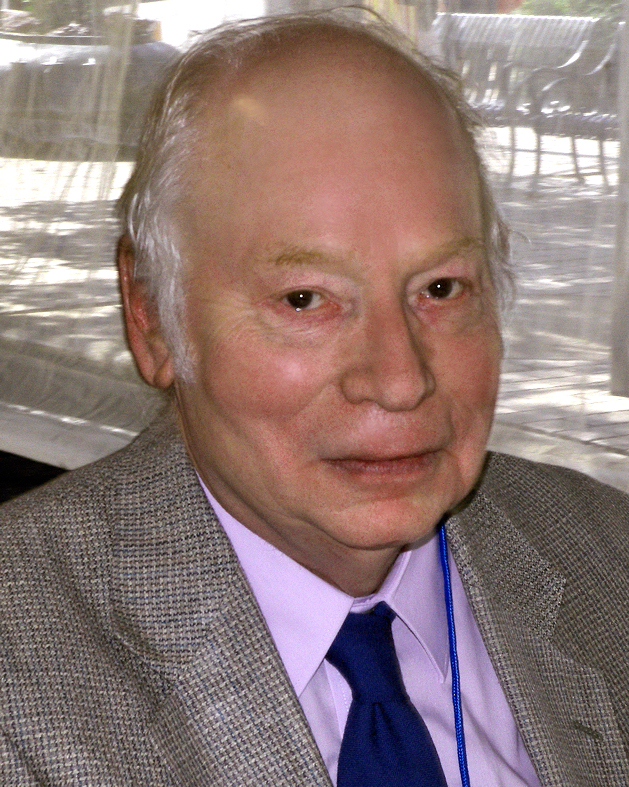
Steven Weinberg
Steven Weinberg (/ˈwaɪnbɜːrɡ/; May 3, 1933 – July 23, 2021) was an American theoretical physicist and Nobel laureate in physics for his contributions with Abdus Salam and Sheldon Glashow to the unification of the weak force and electromagnetic interaction between elementary particles.
Steven Weinberg
May 3, 1933
July 23, 2021 (aged 88)
1
- Heineman Prize (1977)
- Elliott Cresson Medal (1979)
- Nobel Prize in Physics (1979)
- ForMemRS (1981)[1][2]
- National Medal of Science (1991)
- Andrew Gemant Award (1997)
- Breakthrough Prize (2020)
He held the Josey Regental Chair in Science at the University of Texas at Austin, where he was a member of the Physics and Astronomy Departments. His research on elementary particles and physical cosmology was honored with numerous prizes and awards, including the 1979 Nobel Prize in physics and the 1991 National Medal of Science. In 2004, he received the Benjamin Franklin Medal of the American Philosophical Society, with a citation that said he was "considered by many to be the preeminent theoretical physicist alive in the world today." He was elected to the U.S. National Academy of Sciences, Britain's Royal Society, the American Philosophical Society, and the American Academy of Arts and Sciences.
Weinberg's articles on various subjects occasionally appeared in The New York Review of Books and other periodicals. He served as a consultant at the U.S. Arms Control and Disarmament Agency, president of the Philosophical Society of Texas, and member of the Board of Editors of Daedalus magazine, the Council of Scholars of the Library of Congress, the JASON group of defense consultants, and many other boards and committees.[4][5]
Early life[edit]
Steven Weinberg was born in 1933 in New York City.[6] His parents were Jewish[7] immigrants;[8] his father, Frederick, worked as a court stenographer, while his mother, Eva (Israel), was a housewife.[9][10] Becoming interested in science at age 16 through a chemistry set handed down by a cousin,[11][9] he graduated from Bronx High School of Science in 1950.[12] He was in the same graduating class as Sheldon Glashow,[10] whose research, independent of Weinberg's, resulted in their (and Abdus Salam's) sharing the 1979 Nobel in physics.[13]
Weinberg received his bachelor's degree from Cornell University in 1954. There he resided at the Telluride House. He then went to the Niels Bohr Institute in Copenhagen, where he started his graduate studies and research. After one year, Weinberg moved to Princeton University, where he earned his Ph.D. in physics in 1957, completing his dissertation, "The role of strong interactions in decay processes", under the supervision of Sam Treiman.[3][14]
Personal life and archive[edit]
In 1954 Weinberg married legal scholar Louise Goldwasser and they had a daughter, Elizabeth.[12][39]
Weinberg died on July 23, 2021, at age 88 at a hospital in Austin, where he had been undergoing treatment for several weeks.[39][40]
Weinberg's papers were donated to the Harry Ransom Center at the University of Texas.[41]